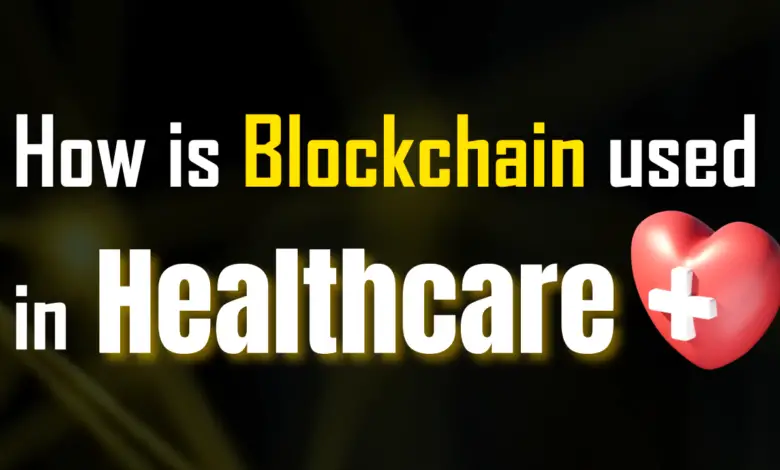Crypto in Healthcare: Innovations and Challenges in the Medical Industry
Pioneering Innovations and Overcoming Challenges in the Medical Industry

Crypto in Healthcare: In the ever-evolving landscape of the healthcare industry, the integration of cryptocurrency and blockchain technology is proving to be a game-changer. We delve into the exciting world where healthcare meets crypto, exploring the innovations and challenges that are reshaping the medical sector.

Understanding the Crypto-Healthcare Nexus
Cryptocurrency, a digital or virtual form of currency, and blockchain technology, a distributed ledger system, have opened doors to transformative possibilities in the healthcare domain. The fusion of these technologies has led to a range of innovations with profound implications.
Blockchain: A Trustworthy Ledger for Patient Data
In the healthcare sector, data privacy and security are paramount. Blockchain technology offers an immutable ledger where patient data can be securely stored. This not only ensures data integrity but also reduces the risk of data breaches and unauthorized access. Patients and healthcare providers can trust that their sensitive information is safe and confidential.
Smart Contracts for Healthcare Agreements
Smart contracts, self-executing contracts with the terms of the agreement directly written into code, have the potential to streamline various processes in healthcare. From insurance claims to appointment scheduling, smart contracts can automate tasks, reducing administrative overhead and minimizing errors.
Transparent Drug Traceability
The pharmaceutical industry is benefiting from blockchain’s ability to provide end-to-end traceability of drugs. Patients and healthcare professionals can now verify the authenticity of medications and trace their journey from manufacturing to dispensing, reducing the risk of counterfeit drugs in the market.
Cryptocurrency in Telemedicine
Telemedicine is an emerging trend in healthcare, especially in the wake of the COVID-19 pandemic. Cryptocurrency is playing a vital role in enabling secure and efficient transactions within the telehealth ecosystem.
Instant and Borderless Payments
Cryptocurrencies offer the advantage of near-instant cross-border payments. This is particularly valuable in telemedicine, where healthcare providers can receive payments from patients worldwide without the delays and fees associated with traditional banking systems.
Financial Inclusion in Healthcare
Cryptocurrency is also fostering financial inclusion in healthcare. Patients in underserved or remote areas can access healthcare services and make payments using cryptocurrencies, eliminating the barriers imposed by traditional banking systems.
Challenges in Implementing Crypto in Healthcare
While the innovations are promising, the integration of cryptocurrency and blockchain technology in healthcare is not without its challenges.
Regulatory Hurdles
Regulatory bodies are still grappling with how to oversee and regulate the use of cryptocurrencies in healthcare. This uncertainty can create legal and compliance challenges for healthcare institutions.
Security Concerns
While blockchain technology is lauded for its security features, it is not entirely immune to vulnerabilities. Healthcare organizations must remain vigilant in protecting patient data from evolving cyber threats.
Adoption Barriers
The adoption of cryptocurrency and blockchain technology requires significant investment in infrastructure and education. Many healthcare institutions may be hesitant to embrace these innovations due to the associated costs and learning curve.
Conclusion
In conclusion, the integration of cryptocurrency and blockchain technology in the healthcare sector is paving the way for exciting innovations. From enhancing data security to enabling borderless payments, the potential benefits are substantial. However, the journey is not without its challenges, including regulatory uncertainties and security concerns.



